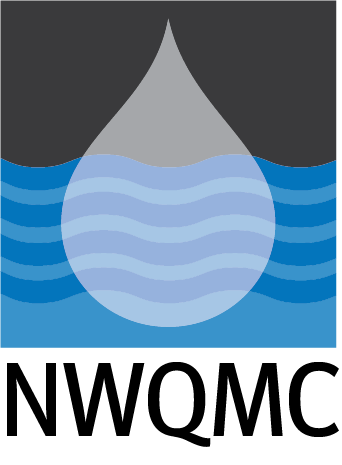
Save the Date!
The National Water Quality Monitoring Council (NWQMC) will host its 14th National Monitoring Conference from March 10 to 14, 2025, in Green Bay, Wisconsin. All federal, state, tribal and local water professionals, nonprofits, academia, water consultants and industry, and volunteer scientists are welcome at this important national forum on monitoring Great Lakes, groundwater, streams, rivers, lakes, wetlands, estuaries, and oceans. The conference will be offered in a hybrid format, primarily consisting of in-person presentations and events as well as some virtual components.
Networking and opportunities to create new relationships will abound for attendees. Whether you seek to develop new skills, learn about the latest technologies, or simply exchange information on a wide variety of topics relevant to water resources, the National Monitoring Conference is for you. The conference is a destination conference for many in the field, attracting the highest quality professional presenters and posters.
Please look for the Call for Session Proposals in May and Call for Abstracts later this summer.
2025 Conference Themes Include but Are Not Limited To:
- Lessons Learned in Water Monitoring – Innovations and novel approaches in water quality assessments.
- Effectiveness and Trend Monitoring – Communicating restoration monitoring results to address priorities and track progress in improving the condition of our nation’s
- Protecting Water Quality – Integrating biological, chemical, physical, and hydrologic data to maintain and improve water
- Monitoring Collaboration – National, tribal, regional, state and local initiatives, partnerships, and councils; inclusive stakeholder identification and engagement; increasing Justice, Equity, Diversity, Inclusion, and Accessibility.
- Volunteer and Community-Based Monitoring – Volunteer and community scientists collecting data to answer diverse water quality questions for diverse data uses.
- Moving from Data to Actionable Information – Open data science tools, applications, story maps, spatial modeling, and dashboards for aggregating, analyzing, visualizing, disseminating and transforming data to information to communicate with decision makers and the
- Hot Topics in Monitoring and Analysis:
- Climate Change (impacts on biota)
- Harmful Algal Blooms (freshwater and marine)
- Toxic Contaminants (emerging and legacy contaminants including PFAS and 6ppd-Q)
- Long-Term Monitoring, Trend Analysis and Forecast Modeling
- Nutrients (dynamics, impacts, monitoring, modeling, analysis)
- Source Identification (nonpoint source, point source, stormwater, atmospheric deposition, Microbial Source Tracking)
- Emerging Technologies (in situ and continuous monitoring, remote sensing, analytical methods, eDNA, AI/ML, passive sampling)
- Policy, Government and Regulation Driving Water Quality Decisions
| Questions? Contact the 2025 National Water Monitoring Conference Co-Chairs Lilly Edmond, edmond.lillian@epa.gov; Felipe Arzayus, felipe.arzayus@noaa.gov; and Pamela Reilly, jankowsk@usgs.gov. Interested in conference exhibition or sponsorship? Contact Alyssa Anderson, sponsorship@nalms.org. To get on our conference mailing list, please contact Philip Forsberg, pforsberg@nalms.org. |

